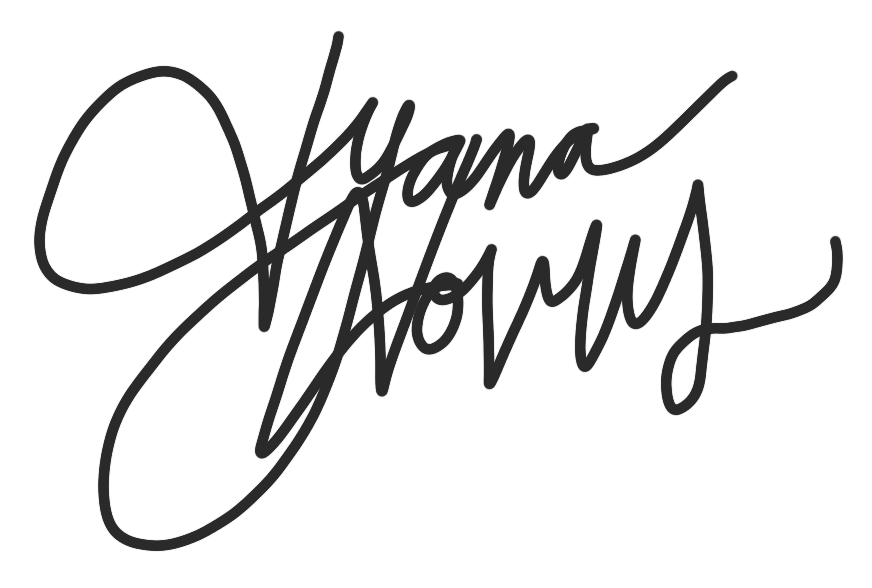Redefining Justice
I’ve been thinking deeply on the idea of justice this year. The last few years have gifted me opportunities to attempt to implement Transformative Justice (TJ) in my life. While I’ve studied the concepts of this work, living it is entirely different.
Transformative Justice is a framework for harm reduction that seeks to transform the conditions in which harm was created. Mia Mingus, an educator and trainer for Transformative Justice that I’ve had the opportunity to learn from says, “TJ can be thought of as a way of ‘making things right,’ getting in ‘right relation,’ or creating justice together.
Though it seems quite obvious in hindsight, one of the most important and tender lessons I’ve learned from endeavoring to live the philosophies of Transformative Justice surrounds choice and personal will.
I began learning this framework because it aligned with the person I desired becoming. I began learning it to expand my ideas around what’s possible in the face of violence and abuse.
With the life I’ve lived, the idea of learning to face harm and alchemize it into something nourishing seemed like an answer to a curiosity I’ve held since childhood. Of course, I couldn’t articulate it then the way I can now, but I remember feeling this ineffable pulse of hope and wonder and grief and desire from a very young age. The way it feels inside is the same now as it was then, and learning about Transformative Justice was the first external reflection I saw of this feeling.
As 2022 came to a close, I was swimming in an internal exploration of the difference between vision and fantasy, and the way that impacts relationships. Simultaneously I reached a point in the relationship I was hoping to see TJ transform, and realized that using the framework was not going to be possible. No matter how much I learned, no matter how skilled I was, no matter how many patterns I changed, my decisions alone wouldn’t make it possible.
In order to transform the conditions where harm was created, all parties have to want the healing. It took me quite a while to sift through all that covered the covert ‘no’ I was facing in my situation, but once I saw it, everything made sense.
And then…and then the grief came.
And then the confusion came.
And then the curiosity came.
What is justice?
I get the transformational aspect of TJ, but what is justice?
Can it exist without the participation of another?
How do I want to relate to justice?
I haven’t been able to put down this curiosity—I haven’t wanted to—all year, and the more I explore this question, the calmer I feel. When the rage of being abused turns primal and blood hungry, I remember this path I’ve carved for myself.
My inquiry isn’t complete, but here is what I have today:
Justice is loving myself first, regard for all people involved, and lightening the load for future generations.
Distilled that thought further, I see
Justice is relating—to myself, to others, to the ripples my actions create that reverberate through time.
There isn’t a simple answer to what justice looks like. What I’m coming to understand is that outside of our societal norms where punitive retribution is expected, justice is a practice.
It lives in the present and the future.
It can’t exist in the past. How could one practice when the event has passed?
Justice is active, relational, and present.
It can be tender, compassionate, and powerful in its softness if we so choose it.
Justice tells the story of what’s possible when we decide to relate to each other as people, not problems.
That’s the world I want to live in, and goddamn my life is giving me so many chances to practice.
I rage, and then, I practice.
Congruently being who I’ve chosen to be is my justice.
It doesn’t satiate my hunger for vengeance and punishment—sometimes I hate that—but overall, I’m glad it doesn’t touch correctional action.
My nervous system may respond in chaos.
My hardwiring from childhood may yearn to inflict violence in return.
But I’m an adult, and I get to choose what happens next.
Facing another’s unwillingness to cultivate repair in the wake of harm, I remain.
Exploring justice reminded me that I don’t require another person to change in order to be whole.
Photo by Goran Guksic on Unsplash

